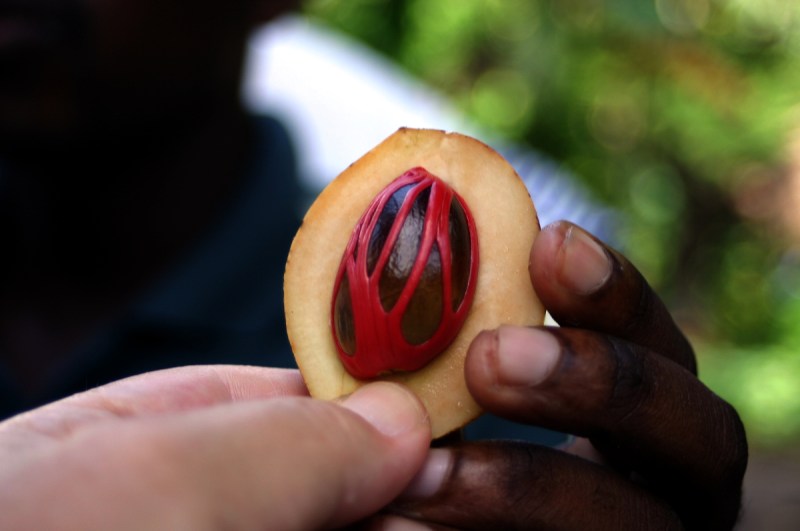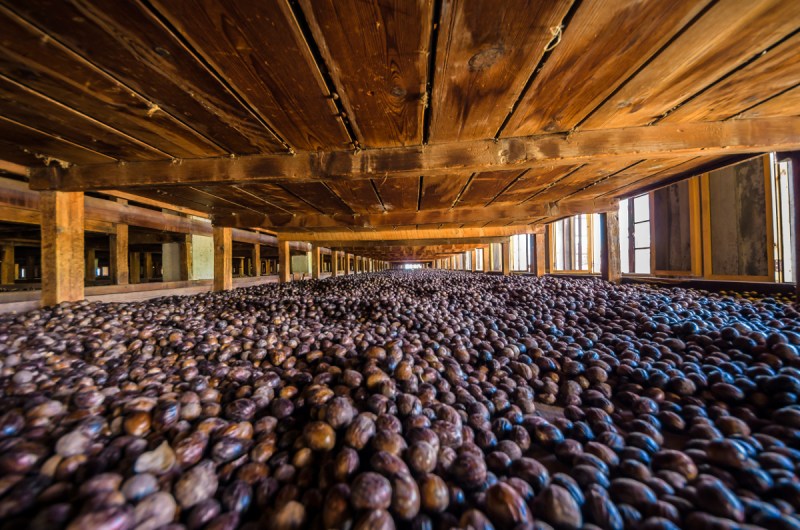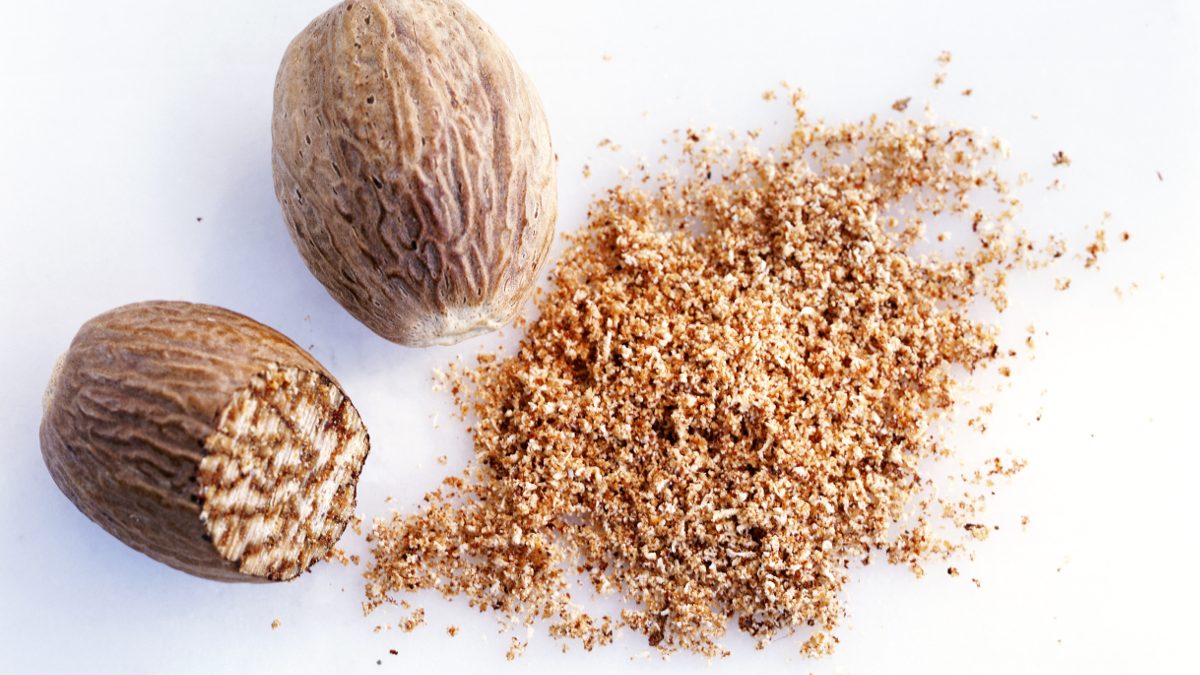
Nutmeg, believe it or not, is one of the most contentious spices in human history. Hugely valuable during the 1600s, nutmeg was once the center of the colonial efforts of the Dutch, who committed no shortage of atrocities to monopolize that portion of the spice trade.
Today, sentences like that sound kind of ridiculous. Sure, nutmeg is great; it’s comforting; it tastes good; it can help stave off head colds and stomach issues; and most chefs will tell you that it’s great for layering flavor. But as many practical purposes as it has, nutmeg’s not worth killing anyone over.
That was not the case during the 17th century. Nutmeg gained a lot of popularity in the late 1500s as a treatment for plague, and became even trendier among European elites once they discovered its hallucinogenic properties (which are still a thing, according to The Atlantic). Also, spices were vanishingly rare back then, adding to the illusion of product scarcity. Put that all together, and you’ll see why controlling any portion of the spice trade would be valuable.

(Thomas Haupt)
The Dutch had a keen interest in nutmeg and exerted control over it by quite literally terrorizing Indonesia’s Banda Islands, the only source of nutmeg at that time. The Dutch oversaw numerous massacres there, and uprooted the island’s nutmeg trees to be replanted elsewhere.
In fact, the Dutch loved nutmeg so much that they ceded control of Manhattan to the British for it. Specifically, the Dutch and the British were competing over the spice trade (among other things), and an eventual treaty between the two saw the Dutch officially pull out of Manhattan in exchange for control of the last nutmeg-producing island under British rule.
So yes, nutmeg was once much more than just egg nog garnish. For more on nutmeg’s checkered past, listen to Allison Aubrey’s story on NPR’s Morning Edition below.
Join America's Fastest Growing Spirits Newsletter THE SPILL. Unlock all the reviews, recipes and revelry — and get 15% off award-winning La Tierra de Acre Mezcal.
























